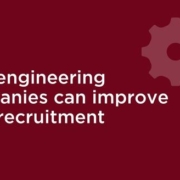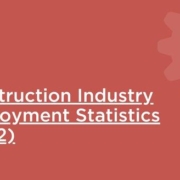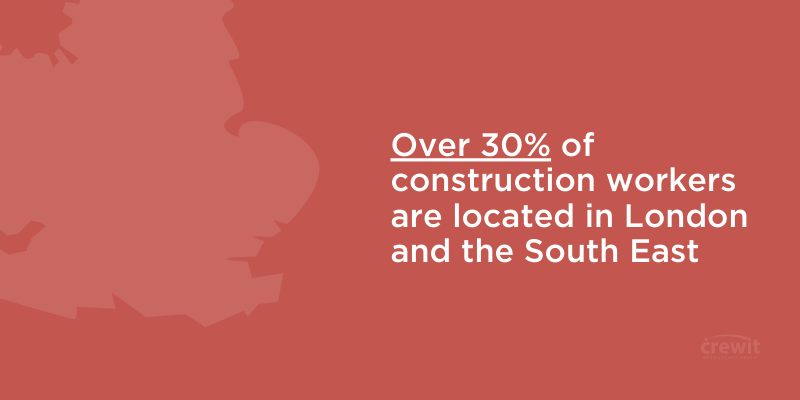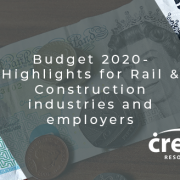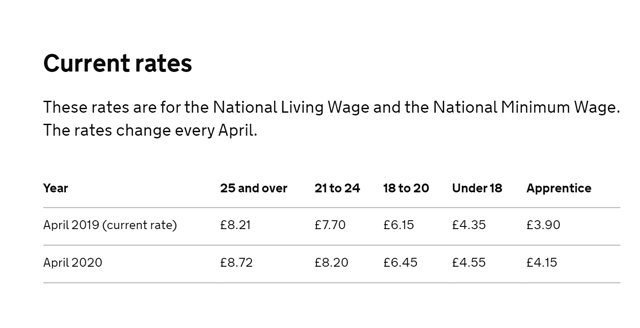How engineering companies can improve their recruitment
Engineering is a highly sought-after profession, with a growing demand for engineers across the world. However, the state of hiring engineers remains a challenging task for companies. Engineering talent is highly competitive and companies often struggle to find the right talent for their organisation.
The State of Hiring Engineers
The current state of hiring engineers is highly competitive, with a limited supply of skilled engineers to meet the demand. This has resulted in companies competing for the same talent, often leading to a lengthy hiring process and a significant investment of resources. Companies have also found it challenging to attract top talent due to the limited pool of candidates with the required skills and experience.
Another challenge that companies face when hiring engineers is the changing nature of the engineering profession. Traditional engineering roles are rapidly evolving, and new technologies are emerging. As a result, companies require engineers with a wide range of skills and expertise, making it difficult to find the right fit for their organisation.
Improving Your Recruitment of Engineers
To improve their hiring of engineers, companies need to adopt a more strategic and proactive approach. Here are 4 ways that you can improve your engineering recruitment today:
1. Build a Strong Employer Brand
Building a strong employer brand is essential for attracting top engineering talent. Companies need to showcase their culture, values, and mission to attract engineers who align with their organisation’s goals. A strong employer brand can also help companies differentiate themselves from competitors and attract candidates who are passionate about their work.
2. Offer Competitive Compensation and Benefits
Compensation and benefits play a critical role in attracting and retaining top engineering talent. Companies need to offer competitive compensation packages that reflect the value of the engineer’s skills and experience. Additionally, engineering companies should consider offering benefits such as flexible work schedules, private healthcare, and enhanced pension plans to attract and retain top talent.
Get your free salary survey for construction here.
3. Partner with Educational Institutions
Partnering with educational institutions is an effective way to identify and attract top engineering talent. Companies can collaborate with universities and collages to offer internships, apprenticeship programs, and mentorship opportunities. These programmes provide students with real-world experience and can lead to full-time employment opportunities for the students and a talent pipeline for the companies.
4. Look Further Afield for Candidates
In addition to the recommendations mentioned above, another way to improve the hiring of engineers is to look further afield for candidates. Companies can expand their search beyond their local area and even their country to find talented engineers from around the world.
Hiring internationally for engineers can provide many benefits for companies. Firstly, it allows companies to tap into a larger pool of talent and find engineers with unique skills and expertise that may not be available locally. Secondly, hiring internationally can bring a diversity of perspectives and ideas to the engineering team, which can lead to increased creativity and innovation.
However, there are also challenges and considerations that companies need to take into account when hiring internationally for engineers. One of the most significant challenges is navigating the complex legal and visa requirements for hiring international talent. Companies need to be familiar with the immigration laws and regulations in their country and the countries they are considering for hiring. Additionally, companies need to be aware of cultural differences and language barriers that may exist when hiring international talent. Companies may need to provide additional training and support to help international hires integrate into the team and adjust to the new cultural and linguistic environment. With careful planning and consideration, hiring internationally can be a valuable strategy for companies looking to build a diverse and talented engineering team.
Helping companies source the world’s best talent, while processing the complex visa and immigration processes, is what we specialise in at Crewit Resourcing. Reach out to us today to discover how we can help.
In conclusion, the state of hiring engineers is highly competitive, and companies face several challenges when trying to attract top talent. However, by adopting a strategic and proactive approach and implementing the recommendations outlined above, engineering companies can improve their hiring and build a strong and talented engineering team.

